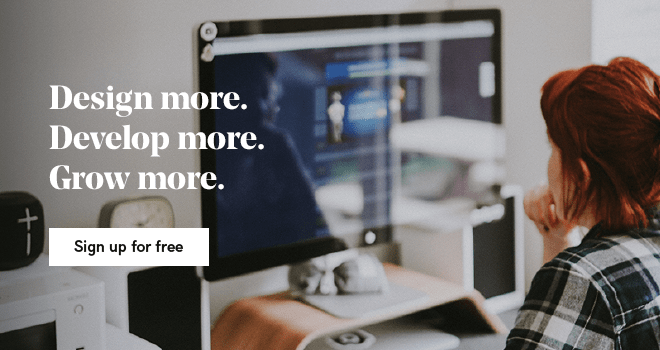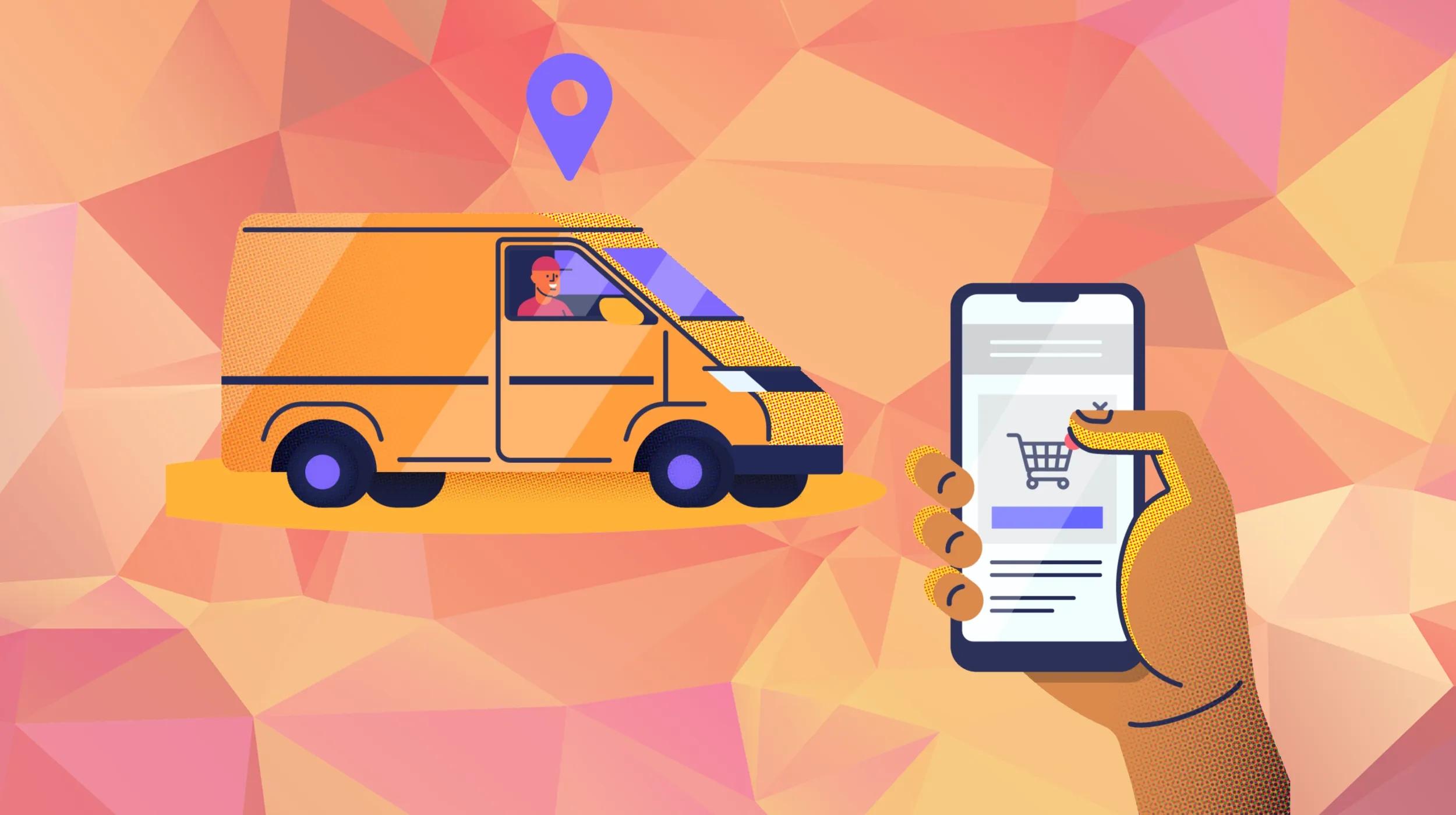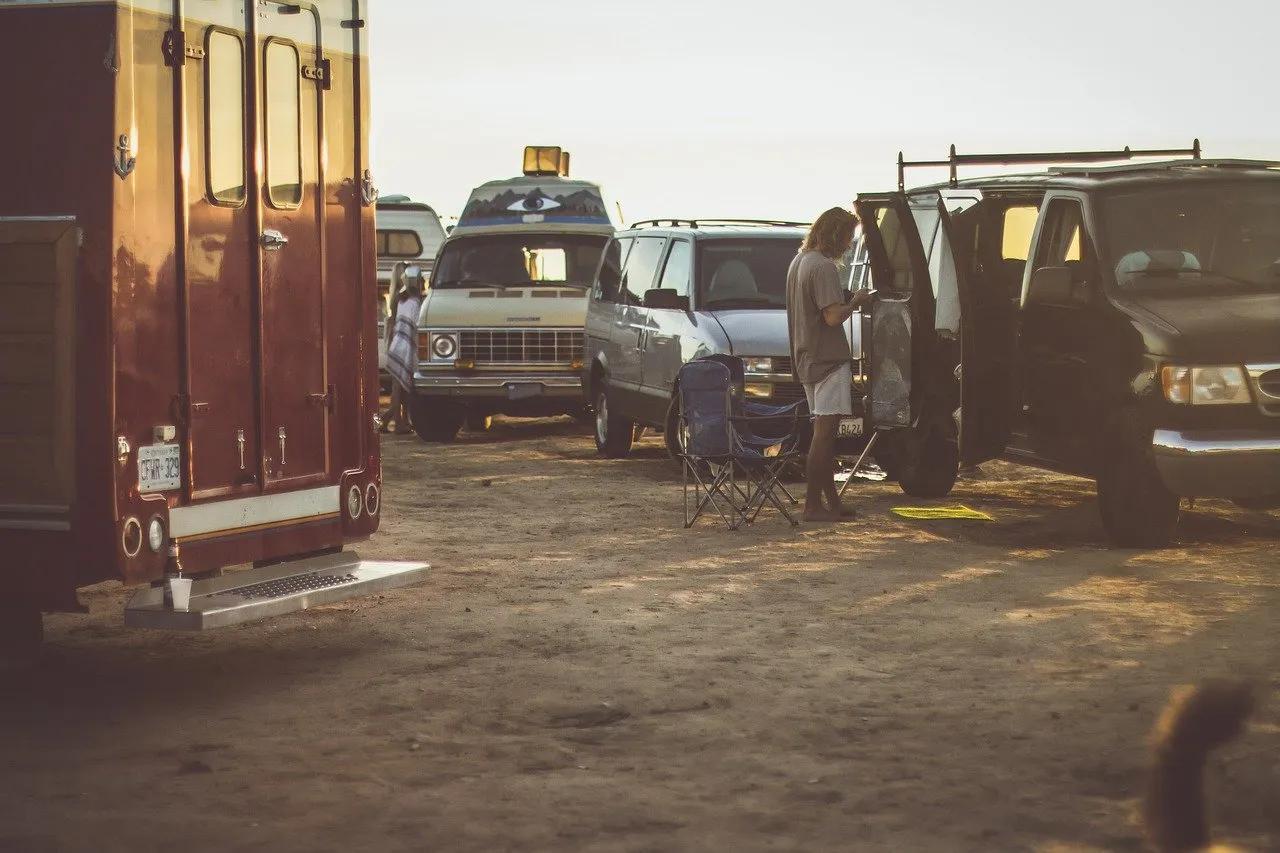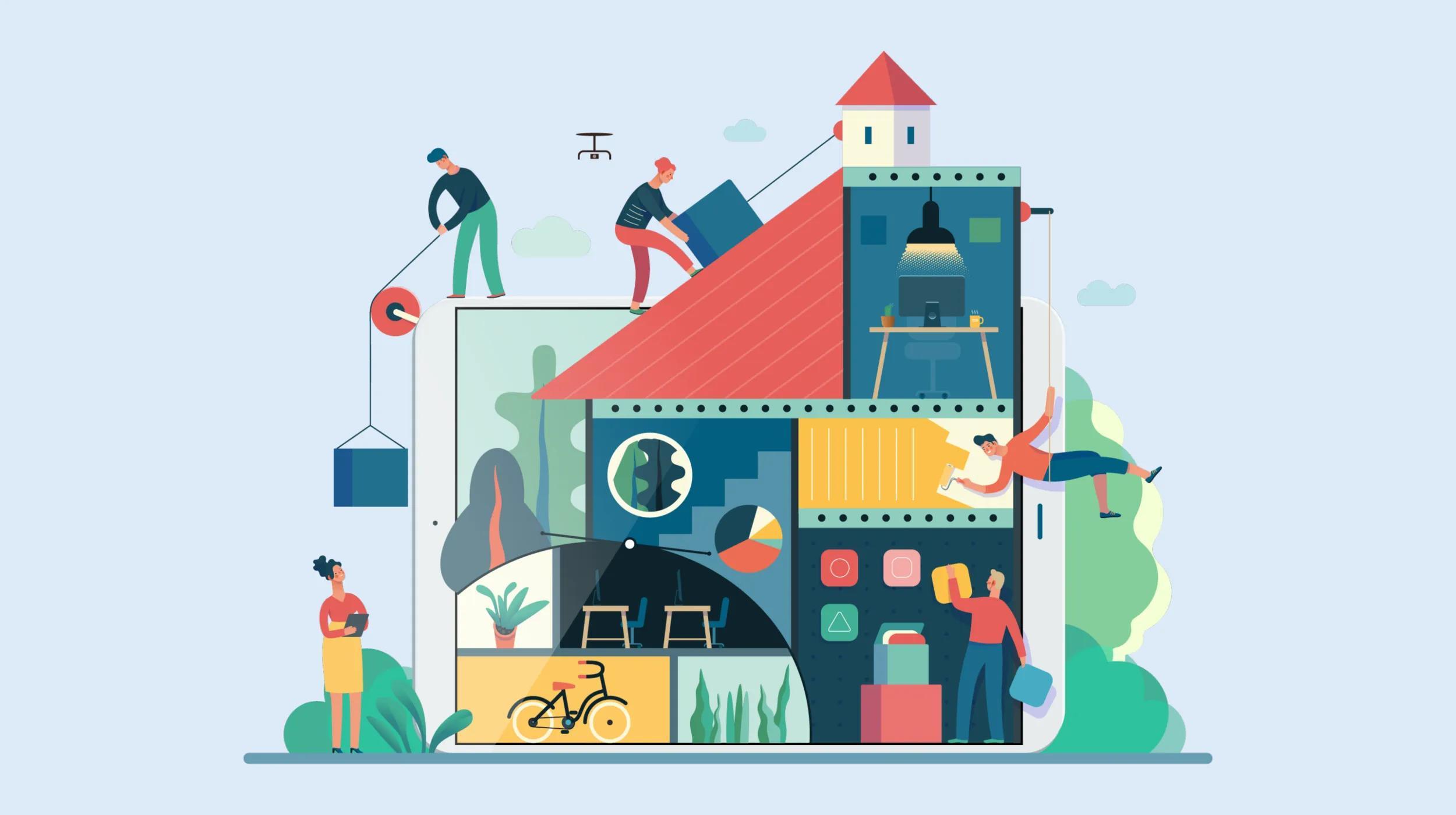Adam Bell owns and operates dataTV, a Los Angeles-based agency offering all things digital, from web design, to SEO, to online marketing. Catch up with Adam on Facebook, Twitter, Instagram and LinkedIn.
The who:
Given a business name is so central to a brand, we tend to put a lot of importance on it. How did you arrive at a name, and how do you feel about it now that you’ve been in business a while?
Originally, I was a partner in a small boutique motion-graphics organization called Design and Television Animation. DATA for short. When I decided to get on the web, the name "data" had to be in there somewhere. However in May 1996, data.com was long gone and to my surprise, so was datadesign.com. However, paying homage to being involved in the TV business, I chose datatv.com and it stuck.
With some brands, location is a key component. Is there anything about the place you live and work that’s shaped your own brand?
Not really. LA is one of those cities that’s a collage of a lot of other cities. However, my previous homebase of New Orleans shaped me and continues to do so. I always think if I had moved from Philadelphia directly to Southern California, my life would have probably been a lot different. I probably would have ended up being one of those people on some reality series.
How would you describe your professional experience and background?
Originally, I wanted to become a designer in the television industry. Unfortunately, that industry is much like a country club, except the benefits aren’t as good. Very difficult to get in.
However, web design in the mid 1990’s was just burgeoning and a lot of the design principles between web design and broadcast design really are not that much different — RGB color space, 72 DPI graphics.
I was always surprised more of my peers in TV didn’t switch to the web back then. But that turned into a huge advantage for me.
Could you describe the scope of your operation?
It’s a one-man, work-from-home shop, but yet, still full service. I rely on a team culled from some of the top people in their fields, all independent, to assist with SEO, digital marketing, social media and so on. All on an as needed basis. Thus, saving costs from having a full, weekly payroll.
Some entrepreneurs describe an aha! moment, the instant they decided it was time to take things into their own hands. Could you describe any of those moments you’ve had?
I’ve had a few aha’s! But the one I really remember was when Hurricane Katrina hit in 2005 and, unlike many of the city’s residents, I didn’t just evacuate… I completely moved on a whim to a different location. I always thought I’d end up in Los Angeles, but not on my own rules and certainly, not in this fashion.
The what:
What kind of projects do you prefer to work on?
Ecommerce, but really anything that sparks creativity rather than just a stale cookie-cutter site. With all the concerns for accessibility, page speed, SEO friendly pages and so on, that creativity is being lost, but it can still be achieved even with limitations.
I also prefer creating sties for industries I’m really interested in.
Having come from the broadcast world, anything entertainment typically interests me. So does working with food and beverage clients. That’s a lot of fun and I’ve pretty much covered every portion of that category as I can. With one exception. I’ve never designed a site for a brewery. I’m a craft beer snob and I have a lot of friends in the industry.
I’ve just never been given the chance to work with one of these sudsy delights. At least I got tequila!
Could you describe your typical client (if you have a typical client)?
Usually on the smaller end. A startup or someone still new in the business. Occasionally, a big one will come in on my hook thanks to an agency, but it’s rare. So instead, you help those smaller businesses who really need the help and hope they will prosper thanks to all your advice.
Sometimes we’re in a position where it’s necessary to turn down projects. What do those situations look like for you, and how do you manage them?
It depends. If it’s political, I don’t touch it. Porn? Nope. I’ve been careful with the legalization of marijuana here in California and other states but it’s a tricky minefield to maneuver. If I do reject a project due to overload, I look for friends who need the work far more than I do. That’s basically my version of charity and it always makes me feel a whole lot better.
Performance is always important, but sometimes we have to pay close attention to value as well. How do you position GoDaddy products and services for your clients?
I explain to clients what they need. A quality host who’s up to date on their offerings instead of sitting on a server stuck at PHP 5.6 (been there too many times). I discuss ways to get faster and more optimized. I’m pretty blunt, so clients don’t always like what I say, but it’s the honest truth (or at least my own version of it.)
Could you describe a project that you feel exemplifies you at your best?
Two years ago I got lucky and landed the redesign of the site for New Orleans’ very famous coffee stand Cafe du Monde. A business rich in history that dates back to opening prior to the Civil War.
But their website sometimes felt like it was designed in the Civil War.
OK, not that bad but similar to a project I had done years earlier for Acme Oyster House, I was poised to give customers the feel that they were actually entering the French Market and ordering coffee and beignet (Mix…. please don’t ask them to ship beignets. It’s not going to happen). Seen sales increase, just added email marketing for the first time in their history. Really proud of this one.
The how:
An obvious metric for measuring our own success is how much you got paid versus how much time it took. In your experience, what are the advantages and drawbacks here?
I find projects that I place under budget tend to take much, much longer than project I actually have at a level budget or higher. That seems to be the case a lot of times. You most certainly do not want to get burned and end up doing the job for what amounts to fast food money.
How does GoDaddy Pro fit into what you do? Could you recommend any ways to get the most value out of it — especially to someone just starting out?
What’s great about Pro is the ability to have access to all your client sites in one place. I can never remember all their logins (Can you? No…) so this makes it so much simpler.
Imagine you could travel back in a time machine to a point where you were like, Forget this. I’m done! What advice would you give yourself?
Oh, geez. I probably would say most of the early 90s when no one would give me a break. I should have started studying the WWW much sooner. Or I should have just gone and picked up a Mac instead of this Amiga I was using. The early days of Photoshop and Illustrator and I missed it!
What’s your parting shot for people who want to be like you when they grow up?
I’m grown up?
That’s the point. You can’t do that.
You’ve got to be able to stay on top of things, trends and figure out where things are going. If you don’t, you’ll get stuck in a decade as I call it and think only of how great the 1990’s or 2000’s were. Yes, the 2020’s haven’t really started so hot, but this is where we are and we need to keep thinking what might be coming next.







